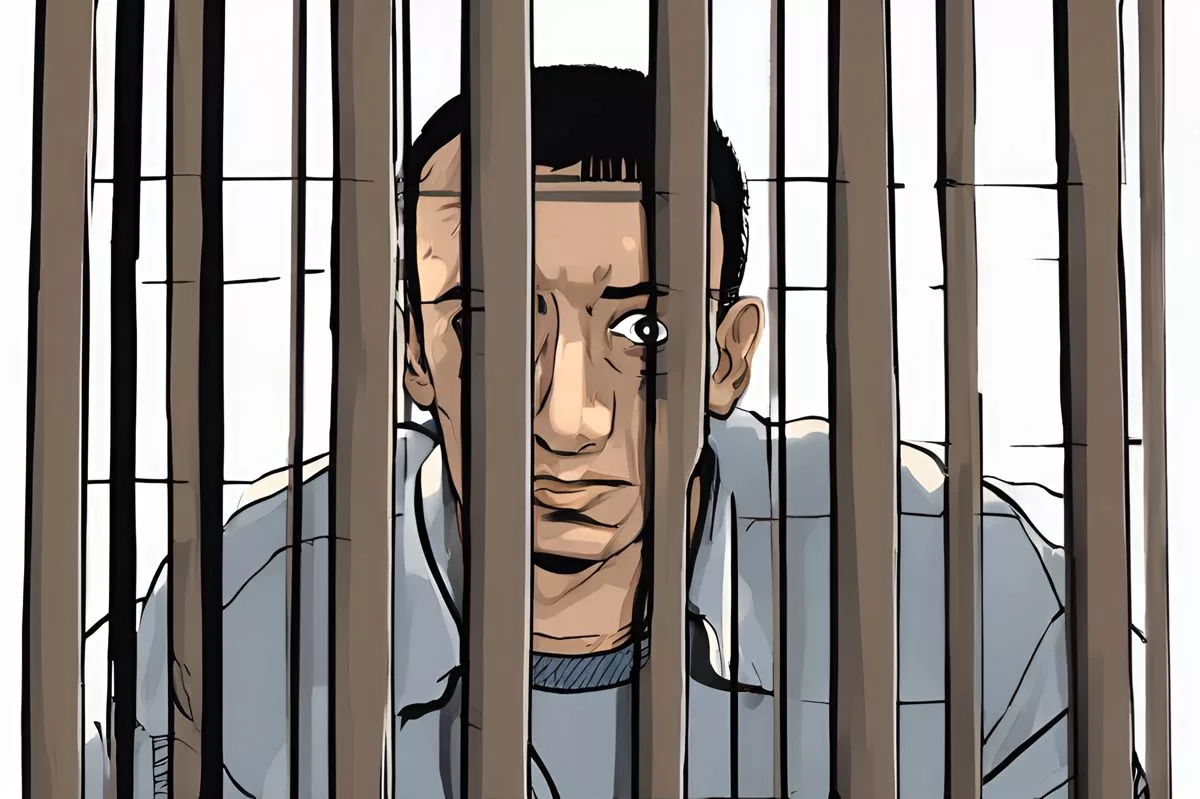Oscar Pistorius, a former Paralympic gold medalist, is seeking ordinary employment after being convicted of a severe crime, but ex-offenders often face hesitancy from employers to hire them. Pistorius’s job hunt serves as a journey towards redemption, as he navigates life after parole and the harsh realities of his criminal background. Despite the challenges, there are programs aimed at assisting ex-offenders in finding employment and Pistorius’s pursuit of a job might be the initial step towards a routine life for him.
Can Oscar Pistorius find ordinary employment after being convicted of a severe crime?
Despite being monitored by the Department of Correctional Services and facing restrictions due to his criminal background, there are programs aimed at assisting ex-offenders to find employment. However, ex-offenders often face hesitancy from employers to hire them. Pistorius’s pursuit of employment serves not only as a way to support himself but also as a journey towards redemption.
The Irony of a Fallen Hero
Once celebrated worldwide as a Paralympic gold medalist, Oscar Pistorius now stands as a man guilty of a severe offense. His transition from being a sports champion to being a parolee has been marred with catastrophe and contention. Just three months after his parole release, Pistorius finds himself in the throes of seeking employment, a task marked by the weight of his past misdeeds and the promise of a better future.
The incident that significantly shifted Pistorius’s path was the heinous act of murdering his girlfriend, Reeva Steenkamp. This crime led him to serve half of his 15-year and five-month imprisonment. Now living on parole, his sentence is monitored and supervised by the Department of Correctional Services (DCS). His plummet from fame has been harsh, with even the International Paralympic Committee (IPC), the organization he once represented with honor, branding him as “too tainted” to work in the sports domain.
Forensic pathologist Keri Nixon sheds light on Pistorius’s current predicament in her recent comments on Talk TV. Nixon proposes that Pistorius should establish practical anticipations for his job hunt, considering his criminal background. “He should lower his expectations and accept that he will likely be performing an average job,” Nixon opined. Her remarks imply that Pistorius will encounter certain restrictions due to his criminal record, including the prohibition of working with children. Nixon’s grim appraisal appears rooted in the practicalities of life after prison, rather than being a judgmental perspective.
The Downfall from Affluence
The tale of Pistorius’s financial downfall is as striking as his personal decline. With his net worth reportedly reaching $5 million at the peak of his career, fueled by his athletic success and endorsements, Pistorius was a financial behemoth. However, by 2016, his financial status had significantly worsened. His attorney, Barry Roux, disclosed in the Pretoria High Court that Pistorius was now “bankrupt,” having liquidated his assets, including a luxurious Pretoria mansion and several high-end vehicles, to pay for the legal costs of his high-profile murder trial.
A Silver Lining for Ex-Offenders
Despite these hurdles, Pistorius’s pursuit of a job is not an exercise in futility. The Department of Labour highlights several programs aimed at assisting ex-offenders in finding employment. These initiatives cover areas such as construction, manufacturing, and food services, among others. Additionally, inmates are trained in various artisanal skills like plumbing, tiling, bricklaying, and mechanics, thus preparing them for specialized work.
Reintegrating ex-offenders back into society is indeed challenging, as aptly noted in the departmental guidebook for ex-offenders: “Most employers are hesitant or unwilling to hire ex-offenders, or anyone with a criminal record.” However, the handbook also offers a glimmer of optimism, encouraging ex-offenders to keep persevering in their attempts.
The Journey Towards Redemption
As Oscar Pistorius steers his way through the process of adapting to life after parole, he finds himself in an unprecedented situation. Once regarded as an epitome of sports excellence, he now confronts the harsh realities of life after prison. His job hunt serves not only as a way to support himself, but also as a metaphorical journey towards redemption. It remains uncertain if he can successfully navigate this daunting road. However, irrespective of his past, a “normal” job might just be the initial step towards a routine life for Pistorius – a life that currently seems elusive.
1. Can Oscar Pistorius find ordinary employment after being convicted of a severe crime?
Yes, there are programs aimed at assisting ex-offenders in finding employment, but ex-offenders often face hesitancy from employers to hire them. Pistorius’s job hunt serves as a journey towards redemption.
2. What led to Oscar Pistorius’s downfall from affluence?
Pistorius’s net worth reportedly reached $5 million at the peak of his career, but by 2016, his financial status had significantly worsened due to legal costs from his high-profile murder trial. He had liquidated his assets, including a luxurious Pretoria mansion and several high-end vehicles, and was declared bankrupt by his attorney in court.
3. What are the restrictions that Oscar Pistorius might face due to his criminal record?
Due to his criminal record, Pistorius might face certain restrictions, including the prohibition of working with children. Forensic pathologist Keri Nixon suggests that Pistorius should lower his expectations and accept that he will likely be performing an average job.
4. Are there programs aimed at assisting ex-offenders in finding employment?
Yes, the Department of Labour highlights several programs aimed at assisting ex-offenders in finding employment, covering areas such as construction, manufacturing, and food services, among others. Additionally, inmates are trained in various artisanal skills, thus preparing them for specialized work.
5. Why is it challenging to reintegrate ex-offenders back into society?
Most employers are hesitant or unwilling to hire ex-offenders, or anyone with a criminal record, according to the departmental guidebook for ex-offenders. This makes it challenging to reintegrate ex-offenders back into society.
6. What is Oscar Pistorius’s pursuit of a job metaphorically?
Pistorius’s pursuit of a job serves not only as a way to support himself but also as a metaphorical journey towards redemption. A “normal” job might just be the initial step towards a routine life for Pistorius – a life that currently seems elusive.












